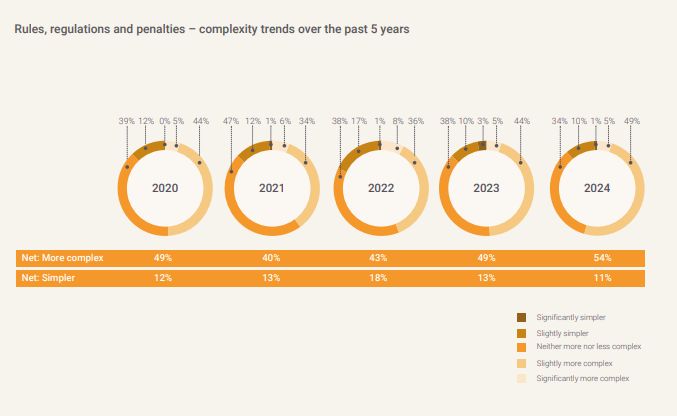- within Compliance topic(s)
- in Asia
- within Law Department Performance topic(s)
- in Asia
Introduction
International expansion helps companies tap into new markets, boost profitability and increase competitive advantage – but navigating complex regulatory requirements can be challenging and requires specialised expertise to ensure smooth operations.
Global entity management (GEM) services encompass the processes that must be followed to remain compliant with jurisdictional rules and regulations. These processes are key in enabling businesses to become operationally ready and agile, allowing them to adapt quickly to regulatory changes and shifting market conditions.
Businesses operating internationally strive to maintain strong corporate governance from the centre, while ensuring they meet local requirements which are often difficult to navigate. While leveraging local providers may work for ad hoc support, global providers bring a level of oversight and governance that often lean in-house teams struggle to maintain.
In the face of rising regulatory complexities, businesses are increasingly leveraging global providers with local expertise to provide governance and mitigate the risk of operating across multiple frameworks.
This sub-report builds on the findings of our Global Business Complexity Index (GBCI) 2024 by delving deeper into the intricacies of managing entities globally and the associated rules and regulations. The sub-report explores:
- The double-edged sword of compliance – exploring the benefits of an increasingly transparent system as well as the complications this brings.
- The path to operational readiness – investigating the steps needed and potential delays caused.
- The need to stay ahead to ensure compliance – leveraging global providers with local expertise.
The double-edged sword of compliance
Global regulatory requirements will become increasingly complex

A majority of global jurisdictions (54%) predict global regulatory requirements will become increasingly complex in the next five years. Many jurisdictions even identify difficulties in the regulatory environment as the predominant trend causing complexity for foreign investors.
It is the combination of an ever-expanding set of rules and regulations, accompanied by more stringent penalties for non-compliance that drives this sense of complexity, creating the need for adaptable and forward-looking compliance frameworks. The following sections of this sub-report will outline how this complexity manifests itself across a range of reporting requirements.
"Stricter sustainability and social responsibility regulations mean that businesses will face increasing pressure to comply with these new standards. Failure to comply can lead to legal penalties and reputational damage."
TMF Group Greece Expert
"As part of Brazil's commitment to OECD, the country has been gradually simplifying requirements for foreign investments in Brazil so that such investments will be treated the same as local investments; further actions towards a friendlier legal environment for foreign investors are expected in the coming years."
TMF Group Brazil Expert
To view the full article click here.
The content of this article is intended to provide a general guide to the subject matter. Specialist advice should be sought about your specific circumstances.


